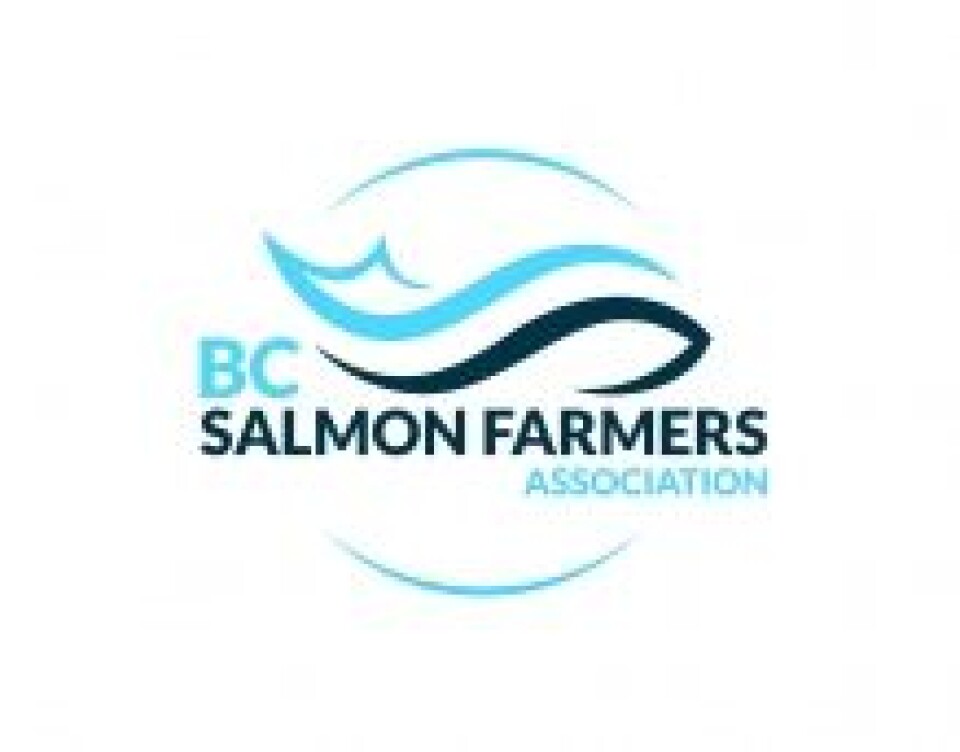
Cleaner fish set for BC debut
The BC Salmon Farmers Association (BCSFA) has pledged almost $420,000 to seven research projects, including the province's first foray into investigating the potential of two cleaner fish species - kelp and pile perch.
The projects include:
- Exploring the effectiveness of local fish species - klep perch and pile perch - to “clean” sea lice from cultured Atlantic salmon. This research is the first of its kind in BC, and results are expected to determine they are effective in picking sea lice from salmon.
- Using acoustic tag tracking technology to follow migration routes and rates of juvenile sockeye, coho and Chinook salmon, and the survival of tagged fish through the Strait of Georgia, and the Discovery Islands area. The work is part of the wider Salish Sea Marine Survival Project (marinesurivalproject.com), and is being conducted in collaboration with Kintama Research, Canada’s Ocean Tracking Network, and Fisheries and Oceans Canada.
- Gaining a better understanding of the aquatic environment around salmon farms, and how wild marine species interact with the habitats that are created by the presence of a salmon farm.
The association aims to help bridge knowledge gaps about BC’s wild stocks and coastal environment by developing collaborations on seven research projects, with over 30 researchers from 10 organizations, providing almost $420,000 in funding.
In December 2014, BCSFA created the Marine Environmental Research Program (MERP) and committed $1.5 million over five years (2015 – 2020) to fund research, through a competitive process, that will provide a better understanding of the marine environment and BC’s wild marine species, particularly wild salmon stocks. To date, $417,108 has been committed to funding research.
The funding program, open to all research organizations, is managed by a third-party Science Advisory Council (SAC), comprised of members from the University of British Columbia, Vancouver Island University, BC Ministry of Agriculture, Fisheries and Oceans Canada, Pacific Salmon Foundation, and Vancouver Aquarium, as well as industry experts.
“This investment will improve our understanding of BC’s coastal environment, particularly in terms of wild and farm-raised salmon interactions,” said Dr Don Noakes, SAC Chair and Dean of Science at Vancouver Island University. “The goal is to ensure future generations can enjoy the economic, social and cultural benefits that both wild and farm-raised salmon provide.”
“As active members of the coastal community, salmon farmers are committed to ensuring long-term sustainability of the sector, the ocean environment, and wild marine species,” said Jeremy Dunn, Executive Director, BCSFA. “While there is still much to learn about wild salmon migration, life cycles and how they are adapting to our changing climate, funding these important projects is a step towards ensuring the best researchers are doing quality science in an objective and transparent manner.”
The BCSFA is also funding research projects being led by the Centre for Coastal Health and Fisheries and Oceans Canada, investigating a range of topics related to fish health, data management and ocean health.






















































